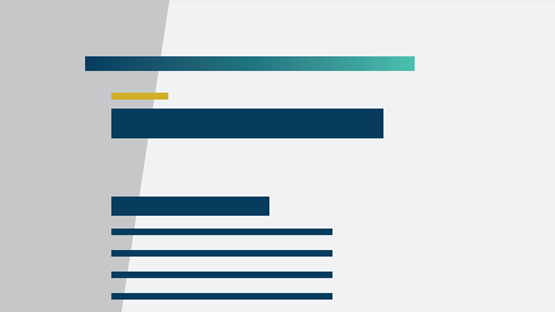Abstract
We develop a model for analyzing the sovereign debt crises of 2010–2013 in the Eurozone. The government sets its expenditure-debt policy optimally. The need to sell large quantities of bonds every period leaves the government vulnerable to self-fulfilling crises in which investors, anticipating a crisis, are unwilling to buy the bonds, thereby provoking the crisis. In this situation, the optimal policy of the government is to reduce its debt to a level where crises are not possible. If, however, the economy is in a recession where there is a positive probability of recovery in fiscal revenues, the government also has an incentive to smooth consumption and increase debt. Our exercise identifies conditions on fundamentals for which the incentive to smooth consumption dominates, giving rise to a situation where governments optimally “gamble for redemption,” running fiscal deficits and increasing their debt, thereby increasing their vulnerability to crises.




